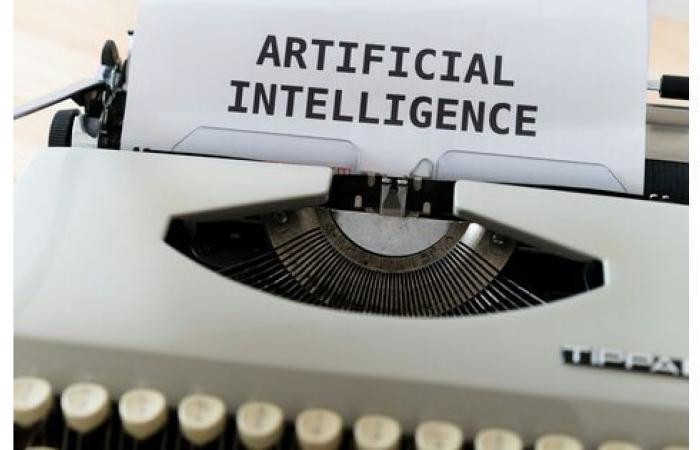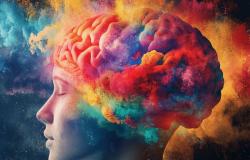Many observers predict an “AI” tidal wave, in all social spheres (particularly at work), whether to rejoice in the name of efficiency or to deplore it in the name of dehumanization. There is almost a consensus on this coming reign of AI, and we wonder here what are the reasons for this unanimous opinion.
We have to go through a definition of AI, and we know that it is a difficult exercise. Let's stay very concrete. “AI” can seriously designate three things: 1- a branch of research in computer science, 2- a programming method, 3- products or pieces of software.
AI, above all programs for processes
Now these three things are linked: we have new algorithms (2) thanks to research (1), and we use these algorithms to make code (3), what professionals call “implementation” to indicate that the computer does not work thanks to algorithms, but to their encoding into programs. Thus, programs are the only AI concretely present on computers: AI is ultimately pieces of software code. The other poetic propositions (“living systems”, “learning machines”, etc.) are very allusive, and in the end, always designate a program running on a computer.
Now let's see how this gives us the impression of a power grab. How do pieces of software code advance their economic and social domination? This is because software is a small machine that automatically executes a part of a process, and processes, in our market economy, are business processes, or business process. Thus, AI is a computer program that automates automatable tasks. “AI” is therefore a way of simply referring to the automation of work.
Processes for all areas of our lives
But to explain how we move from the reality of automation to the fantasy of artificial intelligences which govern us, we must understand that automation does not only concern traditionally economic activities (producing, consuming), but also leisure, education, culture, and therefore most recreational activities. Looking at AI as computer programs (i.e. automated procedure), we contemplate nothing less than the automation of the world, the vanishing point of the history of bureaucracy.
In short, we believe that AI is taking over because we do not have a word for the bureaucratization of the world or because we fail to take this notion seriously. We would like it to be synonymous with “too much State” or “too many rules” but in fact, it is much more: it is fundamentally the very idea of recognizing regularities and applying a procedure, idea deeply rooted in the human mind.
It is thus because of the boredom caused by the idea of procedure that we collectively invent a more distracting narrative “AI/robots taking power over our lives” in order to designate this generalized entry into machine society.






